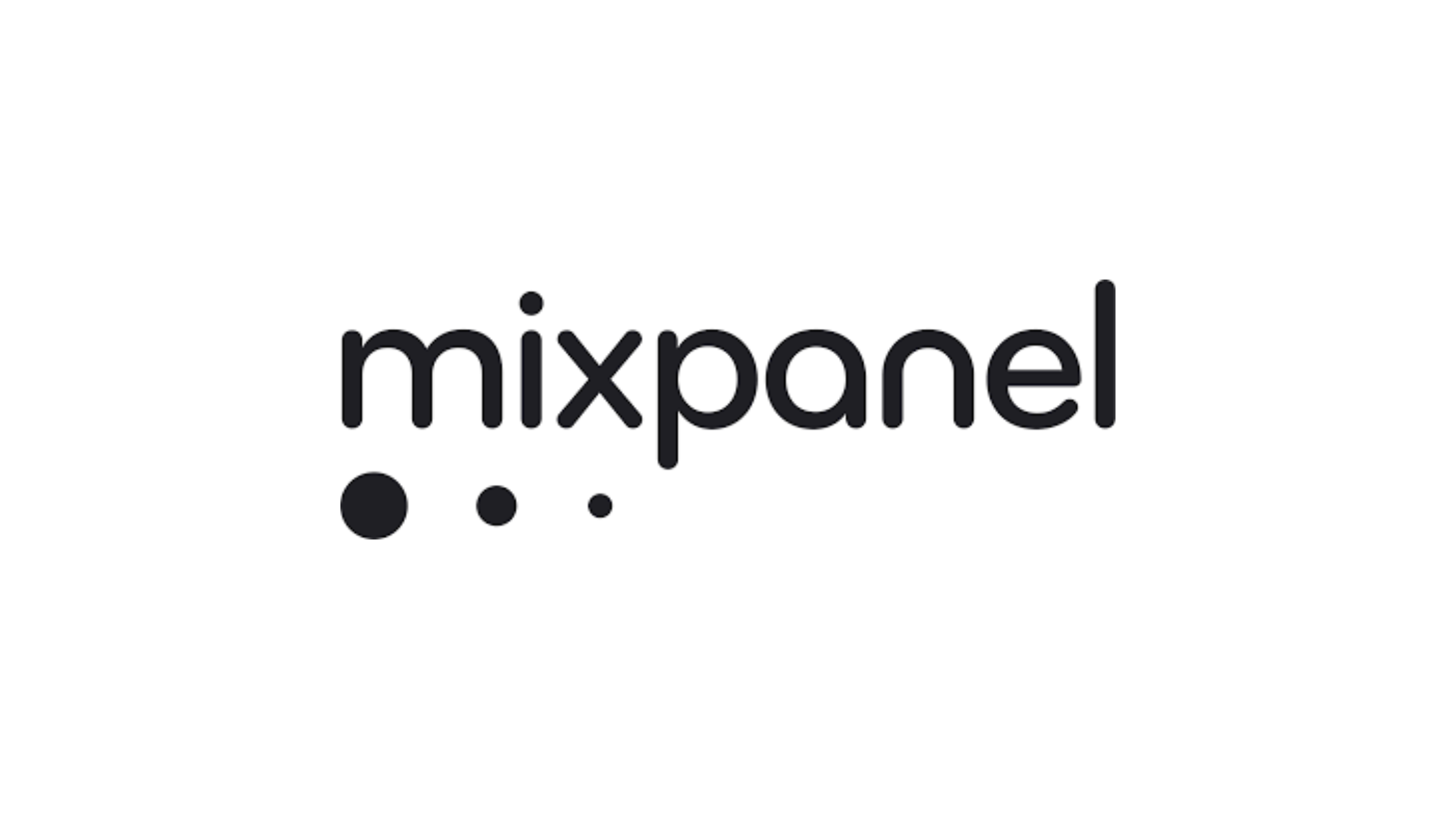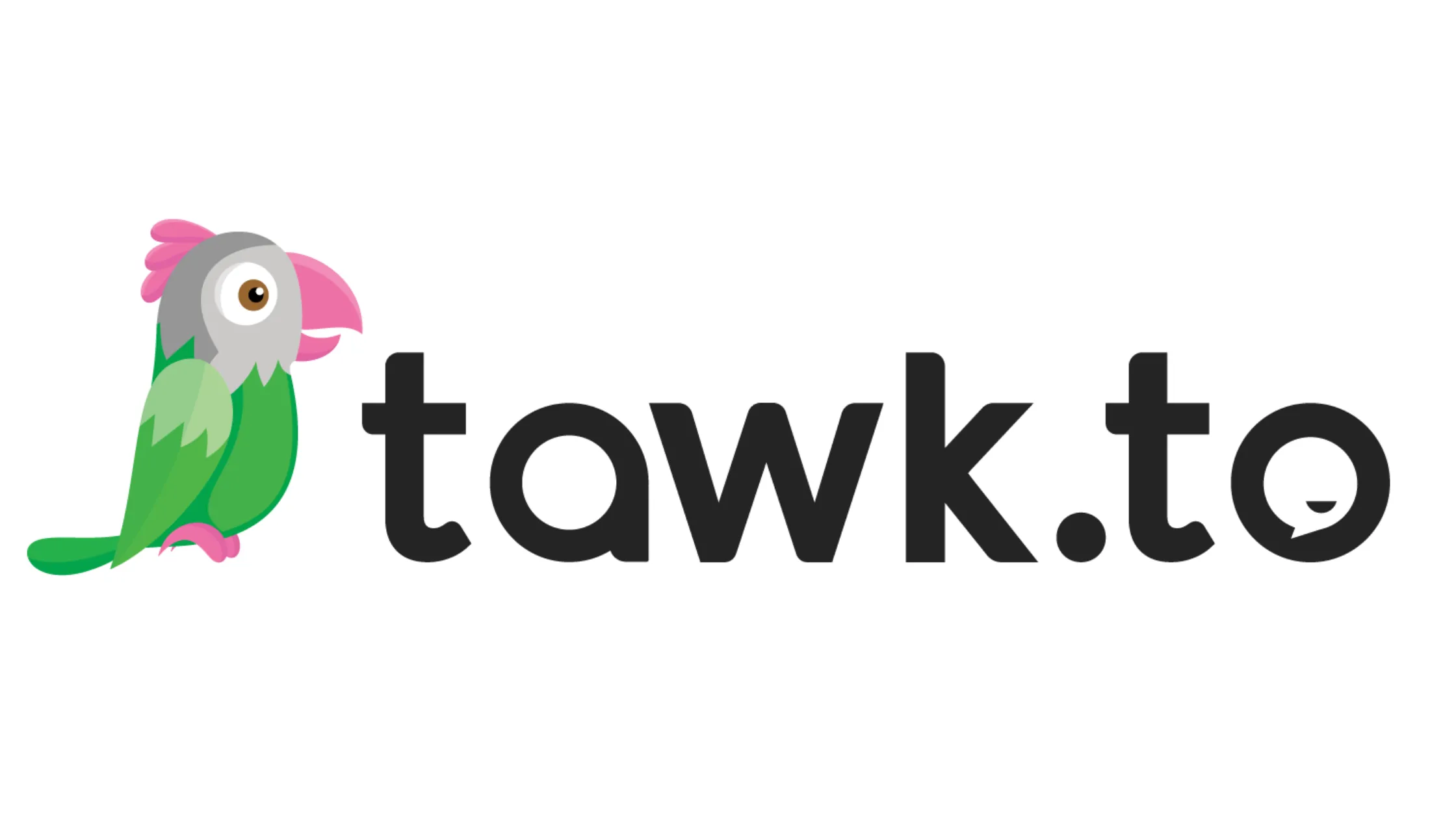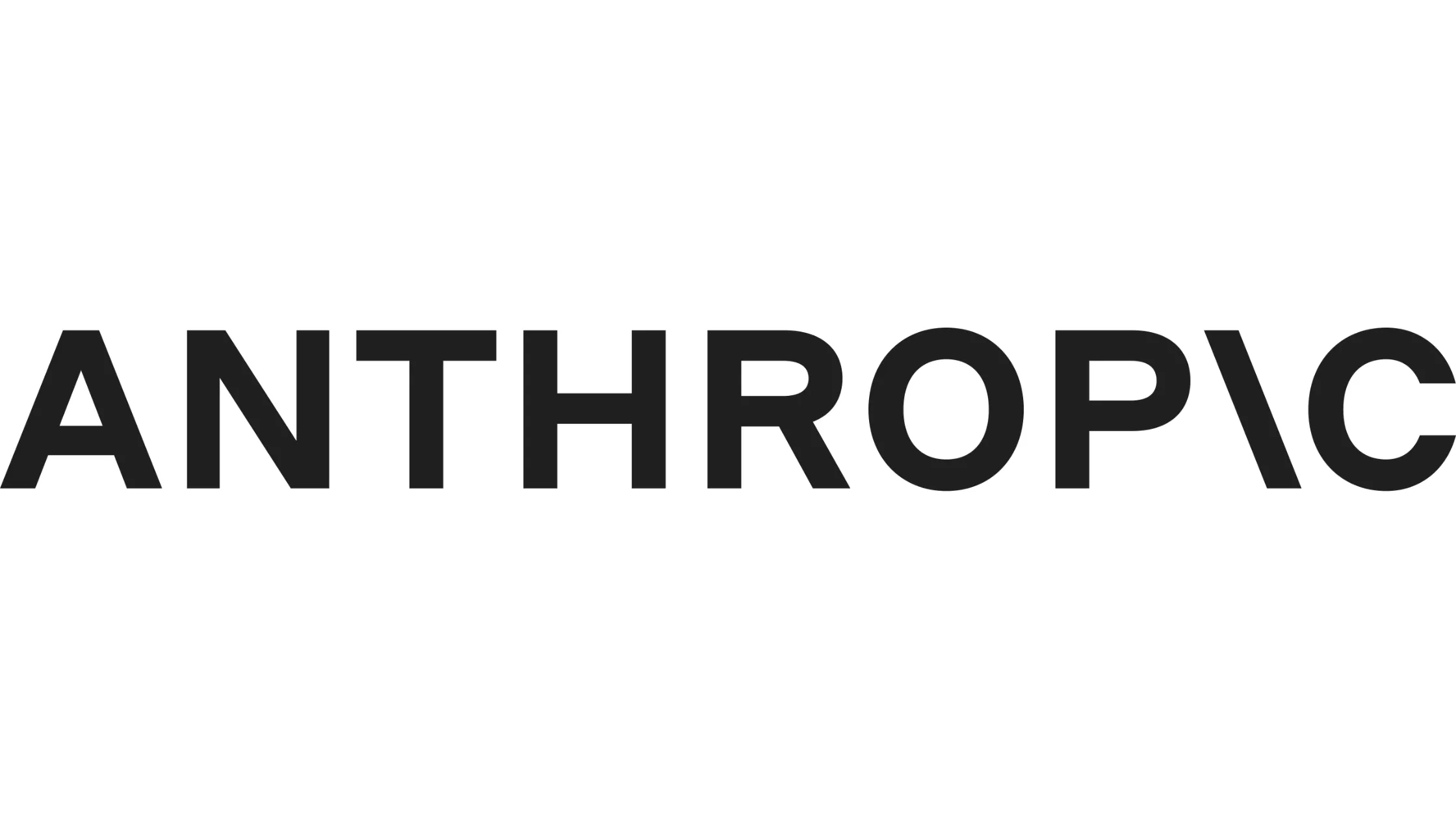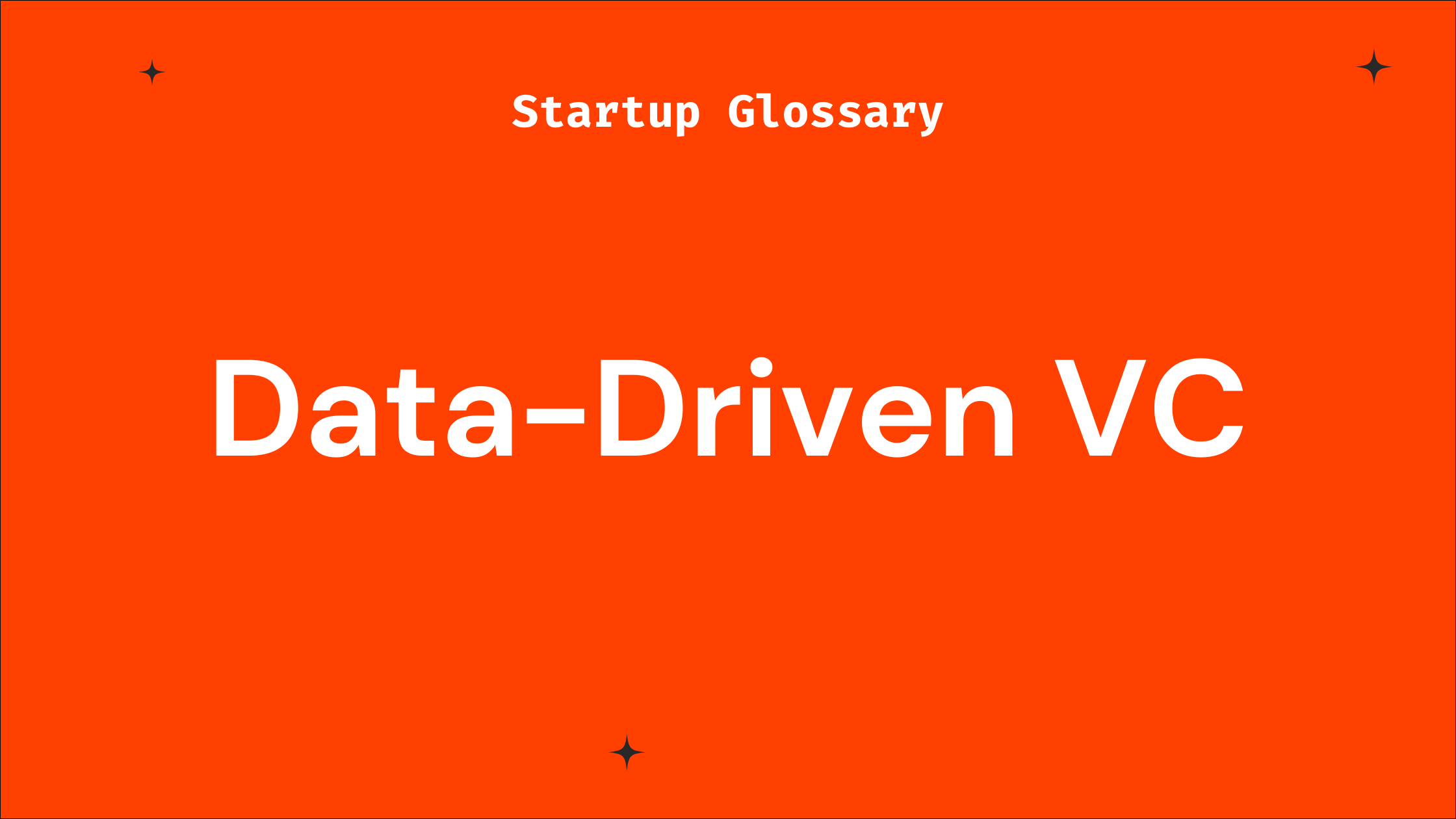
How to Speak Tech: A Non-Technical Founder’s Guide to Working with Developers
Learn how to speak tech as a non-technical founder and effectively collaborate with developers to build your startup's product.
Let’s face it—being a non-technical founder in today’s startup world can feel like navigating a foreign language. Whether you’re building a cutting-edge healthtech platform or launching the next big marketplace, you’ll need to work closely with developers to turn your vision into reality. But what happens when you can’t speak “developer”? How do you bridge the communication gap, make sure you’re both on the same page, and avoid costly miscommunications?
As someone who’s been through the trenches of building startups, both as a co-founder and a CTO, I’ve seen firsthand how critical it is for founders to get comfortable with “speaking tech.” In this guide, I’ll walk you through the basics of technical communication, common pitfalls, and how to work effectively with your engineering team—even if you can’t write a single line of code.
Why Learning to Speak Tech Matters
Being able to communicate with your developers doesn’t mean you need to become a coding expert overnight, but it does mean understanding enough to make informed decisions and keep projects on track. Here’s why it’s important:
- Better Decision-Making: You’ll need to make key decisions about your product’s features, scalability, and timelines. Knowing basic tech concepts will help you weigh options and ask the right questions.
- Efficient Communication: Avoiding misunderstandings can save both time and money. When you understand the basics of what your developers are talking about, you can avoid costly delays.
- Building Trust: Developers appreciate working with founders who understand the complexity of their work. Learning a bit of “tech speak” shows that you respect their expertise.
Understanding the Basics of Tech Lingo
So, what are the most important concepts to get familiar with as a non-technical founder? Let’s start with a few key terms that you’re bound to hear when talking with your developers.
Frontend vs. Backend
This is one of the most common distinctions in software development.
- Frontend: This is everything your users see and interact with on your website or app. It includes things like buttons, menus, and pages. Technologies like HTML, CSS, and JavaScript power the frontend.
- Backend: This is the part users don’t see. It’s responsible for the logic, databases, and server-side processes that make your product work. Developers typically use languages like Python, Ruby, or Java to build the backend.
Knowing the difference between these two will help you understand when your developers are talking about improving the user interface (frontend) or optimizing data processing (backend).
APIs and Integrations
An API (Application Programming Interface) is a tool that allows your product to interact with other systems. Think of it like a bridge that connects your app with external services. APIs are essential if you plan to integrate third-party services, like payment processors (Stripe) or AI tools (like OpenAI), into your product.
When your developers talk about “integrations,” they’re often referring to setting up APIs to ensure your product works seamlessly with other platforms. It’s helpful to ask what APIs will be needed and whether there are any costs or limitations to using them.
Agile vs. Waterfall
These terms describe the methodology your developers use to manage their workflow.
- Agile: A more flexible approach where development happens in short “sprints,” allowing for frequent feedback and changes. Agile is ideal for startups because it allows quick iterations and adjustments based on user feedback.
- Waterfall: A more linear approach where development flows in a single direction from start to finish. Waterfall is less common in startups because it’s harder to make changes mid-project.
Understanding these methods will help you decide how to manage timelines and expectations with your dev team.
Common Challenges Non-Technical Founders Face with Developers
As a non-technical founder, you’re bound to face some challenges when working with developers. But don’t worry—these challenges can be navigated with the right strategies.
Misaligned Expectations
One of the most common issues is that founders often have unrealistic timelines or expectations for what their developers can accomplish.
- How to avoid it: Ask your developers to break down tasks into clear, actionable steps. At Horizon Labs, we focus on prototyping and MVPs because they help founders get feedback quickly and make sure they’re not wasting time building the wrong thing.
Communication Breakdowns
Technical jargon can be intimidating, leading to communication gaps. Non-technical founders might feel lost when developers dive deep into specific coding issues.
- How to avoid it: Don’t be afraid to ask for clarification. A good developer will respect your curiosity and provide simple explanations. This also builds trust, as your team will see that you’re genuinely invested in understanding their work.
Building a Strong Relationship with Your Development Team
Working effectively with your development team is essential to getting your product off the ground. Here’s how you can foster a strong working relationship with your engineers:
- Set Clear Goals: Before any coding begins, make sure you’re both aligned on the product’s vision, user needs, and goals. This ensures that every feature your dev team builds has a purpose.
- Encourage Feedback: Developers are problem-solvers by nature. If they see a more efficient way to build something, they’ll let you know—be open to their suggestions.
- Stay Involved: Even if you’re not writing code, it’s crucial to stay involved in product development. Regular check-ins, sprint reviews, and roadmaps can keep you up to date and help you avoid surprises later on.
Tools to Help You Speak Tech
There are a variety of tools you can use to get more comfortable with tech concepts, even as a non-technical founder. Here are a few to consider:
- Trello or Jira: Project management tools that help track what your developers are working on.
- Figma: Great for collaborating with designers and getting a visual sense of your product.
- GitHub: A platform where developers store code. You don’t need to be a coder, but understanding how your team uses GitHub will give you insight into the development process.
Building Your MVP: The Balance Between Speed and Quality
One of the toughest decisions you’ll face as a non-technical founder is how to balance speed with quality when developing your Minimum Viable Product (MVP). Startups thrive on speed, but rushing through development can lead to technical debt, buggy software, and ultimately, a poor user experience. So how do you navigate this?
Define the Core Features
The MVP is about getting the most basic version of your product into the hands of users quickly. But that doesn’t mean it should be a poorly executed version. The key is identifying the core features that will solve your users’ primary pain points and focusing all your efforts there.
- How to approach this: Work with your development team to strip down your idea to its absolute essentials. Remember, you’re not trying to build the final product—you’re testing hypotheses. At Horizon Labs, we work closely with founders to refine and prioritize features that are critical for user feedback, ensuring that we don’t waste time or resources on unnecessary elements.
Rapid Iteration vs. Long-Term Scalability
When you're launching your MVP, you want to be quick, but not at the cost of scalability. Many non-technical founders fall into the trap of building something too fast without considering how it will grow with the business.
- What to keep in mind: Ask your developers to build in a way that allows for future scaling, but don’t over-engineer. Horizon Labs’ approach is to create products that are flexible and scalable, yet efficient enough to test quickly in the market. This ensures you don’t have to start from scratch when you get traction.
The Importance of Clear Documentation
As your product grows, so will your team. Eventually, new developers or technical hires will join, and they’ll need to understand what’s been built so far. This is where documentation becomes invaluable.
Why Documentation Matters
Good documentation ensures that anyone joining your project can easily understand how it works and what’s been done. It reduces onboarding time and makes future iterations faster.
- What to ask from your developers: Make sure your team documents the key parts of your product—APIs, codebase architecture, user stories, and technical specs. At Horizon Labs, we emphasize the importance of this, especially since many of our clients scale quickly and need their growing teams to hit the ground running.
Types of Documentation You’ll Need
- User Stories: These are short, simple descriptions of a feature from the perspective of the end user. They help both your devs and your non-technical team stay aligned.
- API Documentation: If your product uses or integrates APIs, you’ll need clear instructions on how to interact with them.
- Technical Specs: A detailed overview of the architecture, code structure, and dependencies of your product.
Avoiding Technical Debt
The term “technical debt” refers to the shortcuts developers take to get things done quickly, which can cause problems down the road if not addressed. While some level of technical debt is unavoidable, especially in the early stages of a startup, you want to be careful about letting it pile up.
What Causes Technical Debt?
- Rushing to meet deadlines: When speed is prioritized over quality, developers may skip writing tests, documenting code, or refactoring messy code.
- Lack of planning: If the product’s architecture isn’t well thought out, you may need to rewrite large parts of the codebase later on.
How to Manage It
- Balance short-term and long-term goals: Don’t cut corners that will haunt you in the future. Ask your developers to highlight areas where technical debt is accumulating so you can plan to address them when the time is right.
- Continuous refactoring: Build in time for your devs to go back and clean up code. This can be done after major milestones to ensure your product remains stable and scalable.
At Horizon Labs, we understand that startups need to move quickly, but we also know how dangerous technical debt can be if left unchecked. That’s why we work with our clients to strike the right balance—ensuring they can iterate fast without sacrificing long-term sustainability.
How to Choose the Right Development Partner
If you’re a non-technical founder, one of the most critical decisions you’ll make is choosing the right development partner. This decision can either propel your startup forward or set it back months.
What to Look for in a Development Team
- Experience with Startups: You want a team that understands the unique pressures of working in a startup environment—tight budgets, short deadlines, and constant pivots. Look for a partner with a track record of helping startups succeed.
- Technical Expertise: While being startup-friendly is important, so is having the right technical chops. Your development partner should be proficient in the technologies your product requires, whether that’s mobile app development, cloud infrastructure, or AI.
- Communication Skills: Especially as a non-technical founder, you’ll need a team that can explain things in simple terms, without overwhelming you with jargon.
At Horizon Labs, we pride ourselves on being more than just a development shop—we’re your strategic tech partner. Our team has worked with numerous early-stage startups, helping them build MVPs, prototype products, and scale to meet growing demand. With developers based in both California and Turkey, we offer cost-effective solutions without sacrificing quality.
How Horizon-Labs.co Can Help You
At Horizon Labs, we understand the challenges non-technical founders face when building their startups. Our team is committed to bridging the gap between vision and execution. Whether you’re looking to rapidly prototype your idea or scale an MVP, our experienced engineers will guide you every step of the way. We help startups like yours build quality products without the engineering headaches, so you can focus on what matters—growing your business. Reach out to us today by emailing info@horizon-labs.co or scheduling a call at https://www.horizon-labs.co/contact to figure out how we can build your tech better, faster, and cheaper than the competition.
Frequently Asked Questions (FAQs) about Working With Developers:
Q: What are some common misunderstandings non-technical founders have when working with developers?
A: One of the most common misunderstandings is underestimating the complexity of certain tasks. Non-technical founders may think a feature is simple to implement, not realizing that even minor changes can require significant backend work. Another issue is focusing too much on the visual aspects of a product and not enough on the underlying infrastructure, which can cause delays when scalability becomes an issue.
Q: How can non-technical founders ensure their product vision is clearly communicated to developers?
A: Non-technical founders can ensure clarity by creating detailed user stories, which describe features from the end-user's perspective. Visual aids, like wireframes or mockups, can also help. Regular check-ins and feedback sessions with the development team help ensure the product vision is maintained throughout the process. Using project management tools like Trello or Jira to track progress can also keep everyone aligned.
Q: What should non-technical founders know about tech stacks before starting development?
A: Non-technical founders don’t need to know the ins and outs of every programming language, but understanding the basics of what a tech stack is—frontend, backend, and databases—can help guide early discussions. Founders should also ask developers why they recommend certain stacks over others. Some stacks are better suited for fast prototyping, while others are ideal for long-term scalability. Knowing this can help make informed decisions that align with business goals.
Q: How can non-technical founders evaluate if a developer or team is the right fit for their startup?
A: Non-technical founders should look at the developer's track record with other startups and their experience with similar technologies. A good developer should be able to explain technical concepts clearly, without overwhelming you with jargon. Look for someone who can break down complex ideas into actionable steps and who has a portfolio of past projects that align with your product’s goals. Testimonials from other founders can also provide insights into a developer's reliability and communication skills.
Q: Is it important for non-technical founders to understand coding basics?
A: While it’s not essential for non-technical founders to know how to code, understanding coding basics can go a long way in bridging the communication gap with developers. Learning about basic concepts like loops, functions, and debugging can help you follow discussions more easily. Many founders find that taking a short online course on coding fundamentals improves their ability to make decisions and collaborate effectively with their team.
Q: What should a non-technical founder do if they don’t understand a developer’s explanation of a technical issue?
A: If a developer’s explanation feels too technical or confusing, don’t hesitate to ask for clarification. A good developer should be able to break down complex concepts into simpler terms and explain how the issue impacts the product. You can also ask them to use analogies or visual representations to make the explanation clearer. Regular communication and transparency are key to ensuring both parties understand the task at hand.
Q: How can non-technical founders prioritize features during development?
A: Non-technical founders should start by identifying the core problem their product solves for users and prioritize features that address that problem first. Work with developers to create a roadmap that focuses on high-impact, must-have features for the MVP. You can use frameworks like the MoSCoW method (Must have, Should have, Could have, Won’t have) to categorize features by their importance. Regularly reassessing the roadmap based on user feedback can help refine feature priorities as development progresses.
Q: How should non-technical founders handle delays in the development process?
A: Delays in development are common, especially in startups where requirements often change. To handle delays effectively, non-technical founders should maintain open communication with their development team and ask for regular progress updates. It's important to understand the root cause of delays, whether it's due to technical complexity, scope changes, or unforeseen challenges. Adjust timelines where necessary, but also focus on mitigating future delays by setting clear expectations and planning buffer time in the project schedule.
Q: What questions should non-technical founders ask when choosing a development methodology like Agile or Waterfall?
A: Non-technical founders should ask how each methodology fits the needs of their product. For Agile, questions should include: How frequently will we review progress? How will feedback be incorporated into each sprint? For Waterfall, founders should ask about the timeline and what the plan is for handling changes mid-project, since Waterfall is less flexible. Understanding how the chosen methodology affects communication, timelines, and iteration will help set realistic expectations.
Q: How can non-technical founders ensure their product is built with scalability in mind?
A: Founders should discuss scalability with their development team from the outset. Ask questions about how the chosen tech stack will handle increased user traffic, how easily features can be added in the future, and what potential bottlenecks the team foresees. It’s also important to include discussions about infrastructure—such as cloud hosting and database management—that will impact how your product grows. Make sure the team builds the foundation to scale, even if the MVP doesn’t need it right away.
Q: What should non-technical founders know about technical debt before it becomes a problem?
A: Technical debt refers to quick fixes or shortcuts taken during development that will need to be addressed later, potentially leading to larger issues down the line. Non-technical founders should be aware that some level of technical debt is inevitable, but they can minimize it by regularly asking their developers how much debt is accumulating. Founders can also schedule “clean-up” sprints where developers focus on refactoring code and fixing underlying issues before they snowball into major problems.
Q: How can non-technical founders ensure security is built into their product from the start?
A: Non-technical founders should prioritize security just as much as functionality, especially if the product involves sensitive user data or financial transactions. Ask your development team about encryption practices, secure data storage, authentication methods (like two-factor authentication), and compliance with industry regulations (like GDPR or HIPAA). Engaging in regular security audits and implementing secure coding practices from the start will help avoid vulnerabilities as your product grows.
Q: What role should non-technical founders play in user testing?
A: While developers will handle the technical aspects of user testing, non-technical founders should be deeply involved in gathering and analyzing user feedback. Founders should observe how users interact with the product, ask open-ended questions to uncover pain points, and use that data to inform feature prioritization. Collaborating with the development team to fix usability issues or add enhancements based on user feedback is key to creating a product that resonates with your target audience.
Q: How can non-technical founders manage developer burnout during intense sprints or deadlines?
A: Founders should be mindful of their developers’ workloads and avoid placing unrealistic expectations on them. Encourage regular breaks, maintain open lines of communication about workload challenges, and provide support by offering additional resources when necessary. It's also important to celebrate small wins along the way to keep morale high. Ensuring that deadlines are reasonable and allowing time for developers to refactor code or improve systems will help prevent burnout and keep the project on track.
Whether you're validating an idea, scaling an existing product, or need senior engineering support—We help companies build ideas into apps their customers will love (without the engineering headaches). US leadership with American & Turkish delivery teams you can trust.
Need Developers?
We help companies build ideas into apps their customers will love (without the engineering headaches). US leadership with American & Turkish delivery teams you can trust.
















For Startups & Founders
We've been founders ourselves and know how valuable the right communities, tools, and network can be, especially when bootstrapped. Here are a few that we recommend.

Mistakes to Avoid When Building Your First Product
Learn the key mistakes founders make when building their first product—and how to avoid them for a faster, smoother launch.
Read more
The Rise of AI in Product Development: What Startups Need to Know
Learn how AI is transforming product development for startups. From MVPs to scaling, here’s what founders need to know in today’s AI-driven world.
Read more
No-Code vs. Custom Development: Which is Right for Your Startup?
Weighing no-code vs. custom development? Learn which is right for your startup depending on stage, budget, and product complexity.
Read more
What is Mixpanel?
Learn how Mixpanel helps startups track user behavior to improve products and accelerate growth with clear data-driven insights.
Read more
How Tawk.to Can Boost Your Startup’s Customer Support Game
Learn how Tawk.to can benefit startups by enhancing customer support and engagement. Perfect for early-stage founders!
Read more
Grow Your Startup With Anthropic's AI-Powered Tools
Discover how Anthropic's cutting-edge AI tools can accelerate your startup's success. Learn about their benefits and see why they can be trusted by startups.
Read more
What is Data-Driven VC?
Learn what a data-driven VC means and how such investors can benefit your startup’s growth and fundraising journey.
Read more
What is Blockchain?
A beginner-friendly guide on blockchain for startup founders, covering key concepts, benefits, challenges, and how to leverage it effectively.
Read more
What is Cybersecurity?
Learn cybersecurity basics tailored for startup founders. Understand key risks, best practices, and how to protect your startup from tech threats.
Read more
What is Seedcamp?
Learn what Seedcamp is, how its European seed fund and accelerator program work, and how founders can use its capital, mentorship, and network to scale their st
Read more
What is AngelList?
AngelList is a prime platform connecting startup founders to investors, talent, and resources to accelerate early-stage growth.
Read more
What is 500 Startups?
Learn what 500 Startups (now 500 Global) is, how its accelerator and seed fund work, and when founders should consider it—plus tips for early-stage startups.
Read more.png)